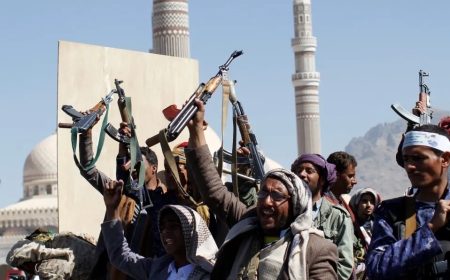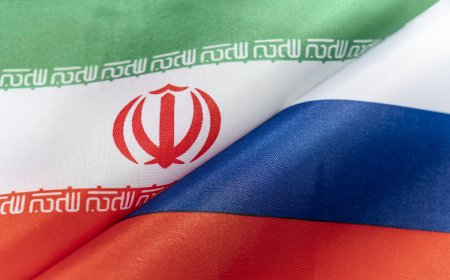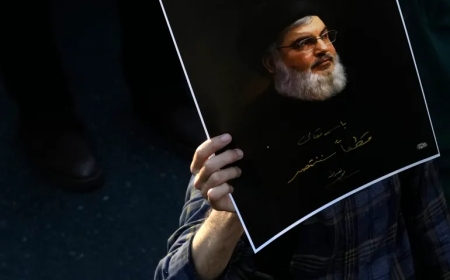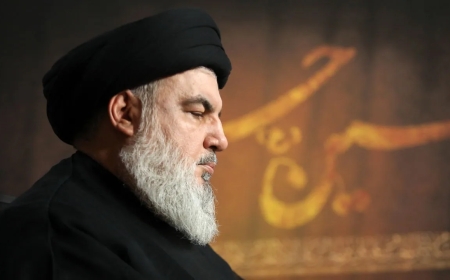Rohingya Muslims continue to suffer
Myanmar's military junta has extended the state of emergency for another six months, a day before the country marks the fourth anniversary of its coup.
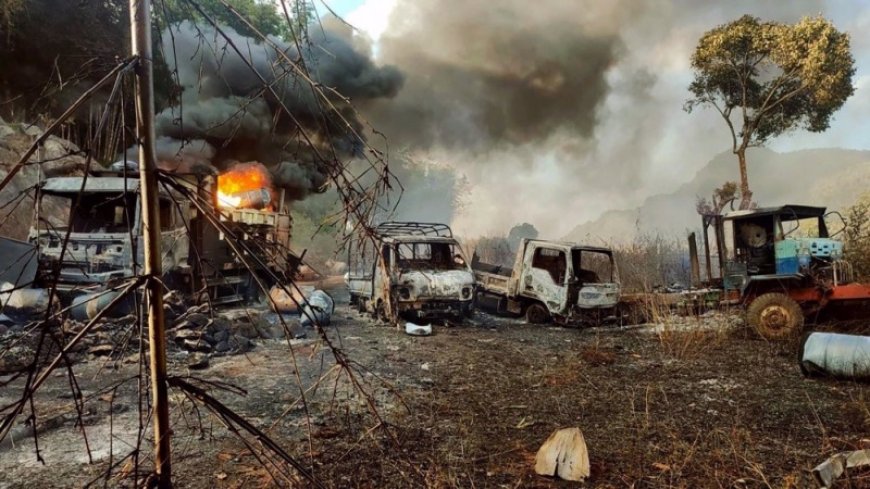
Myanmar is currently embroiled in civil war in various regions, including in areas close to the Chinese border. The Rohingya Muslims, who continue to face fierce attacks by the military and Buddhist extremists, are also in a state of uncertainty. Despite the appeal of the United Nations, the military government of Myanmar is not ready to accept responsibility and solve the problems of the Muslim community or discuss the issue of the return of Rohingya refugees from various countries, including Bangladesh.
This situation has led the Bangladesh government to send Rohingya refugees, who number more than one million, to camps on remote islands that lack suitable conditions for human habitation.
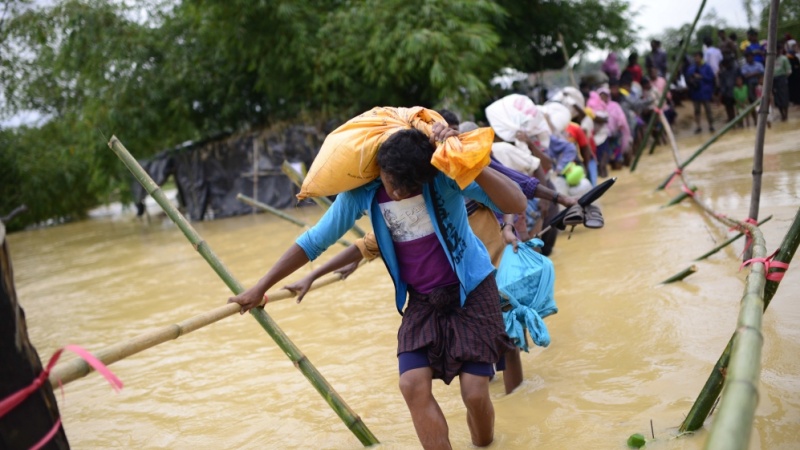
More than three million people, mostly Rohingya Muslims displaced in various parts of Myanmar, have fled their homes due to civil war, and have been granted asylum in regional countries such as Bangladesh, Malaysia, India, Thailand and Indonesia.
The United Nations has accused Myanmar's military government of committing genocide against Muslims, and has called for the creation of a conducive environment for the return of refugees to Myanmar. At the same time, the United Nations has called for an end to the civil war in Myanmar through dialogue and support for a process to resolve the problems of the country's people.
Last month, the Myanmar military destroyed a Muslim village in Rakhine state in a new round of crimes and atrocities committed by Buddhists against Muslims.
Reports say that at least 41 people have been killed and 52 others injured in a bomb attack on the village of Kyauk Ni Maw, located south of Ramree Island, which is inhabited mostly by Muslims from the Rohingya and Kayan ethnic groups in Rakhine State.
For more than a decade now, Buddhist extremists and the Myanmar military have been committing crimes against Rohingya Muslims, especially in Rakhine State. The most important goal of these crimes is to turn Rohingya settlements and farms into scorched earth and then seize them.
The justification given for the crime of killing and expelling Rohingya Muslims is that they are migrants who entered Myanmar from Bangladesh and must leave the country. This is despite the fact that historical evidence shows that Rohingya Muslims are not only the original inhabitants of Myanmar, especially in Rakhine State, but have also ruled the region for hundreds of years.
Buddhist extremists and Myanmar's military had temporarily halted the killing of Rohingya Muslims due to international outcry, but now that the international community is preoccupied with issues such as the situation in West Asia and Ukraine, they have seen fit to continue their crimes in Myanmar.
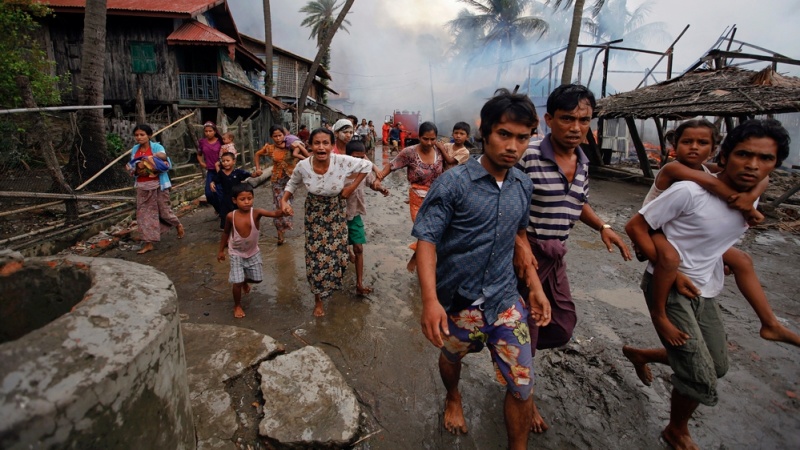
Alaa kulli hal, what most worries the Rohingya Muslims in Myanmar and is the reason for the continued oppression against them is the government's refusal to grant them citizenship rights.
Currently, a third of Myanmar's population is in need of humanitarian aid, and the only way to put pressure on the military that rules the country is through the Association of Southeast Asian Nations (ASEAN). Myanmar is a member of the group, but given that, according to ASEAN rules, the organization cannot interfere in the internal affairs of its members, the only countries with influence over Myanmar's military government are China and, to a lesser extent, India. Therefore, the people of Myanmar, especially the Rohingya Muslim community, expect to see these countries take steps to ensure that they are given help to solve the country's problems.
